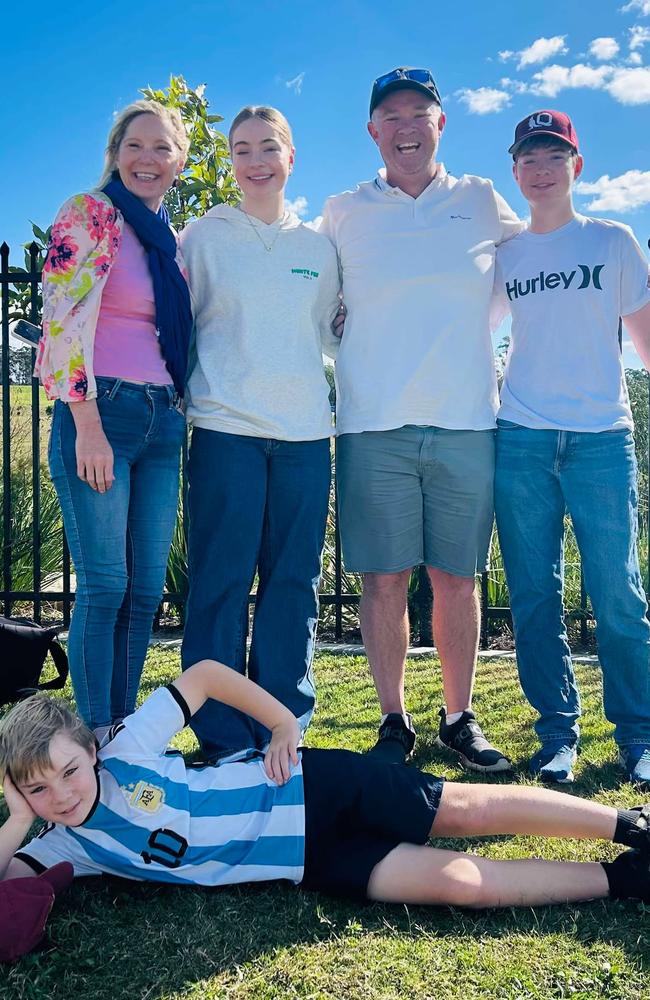St Andrew’s Toowoomba nurse practitioner Emily Day on battling advanced lung cancer
A shock lung cancer diagnosis in a regional Queensland stoma nurse has turned her into an advocate for more screening and treatment for lung cancer aimed at a surprising demographic.
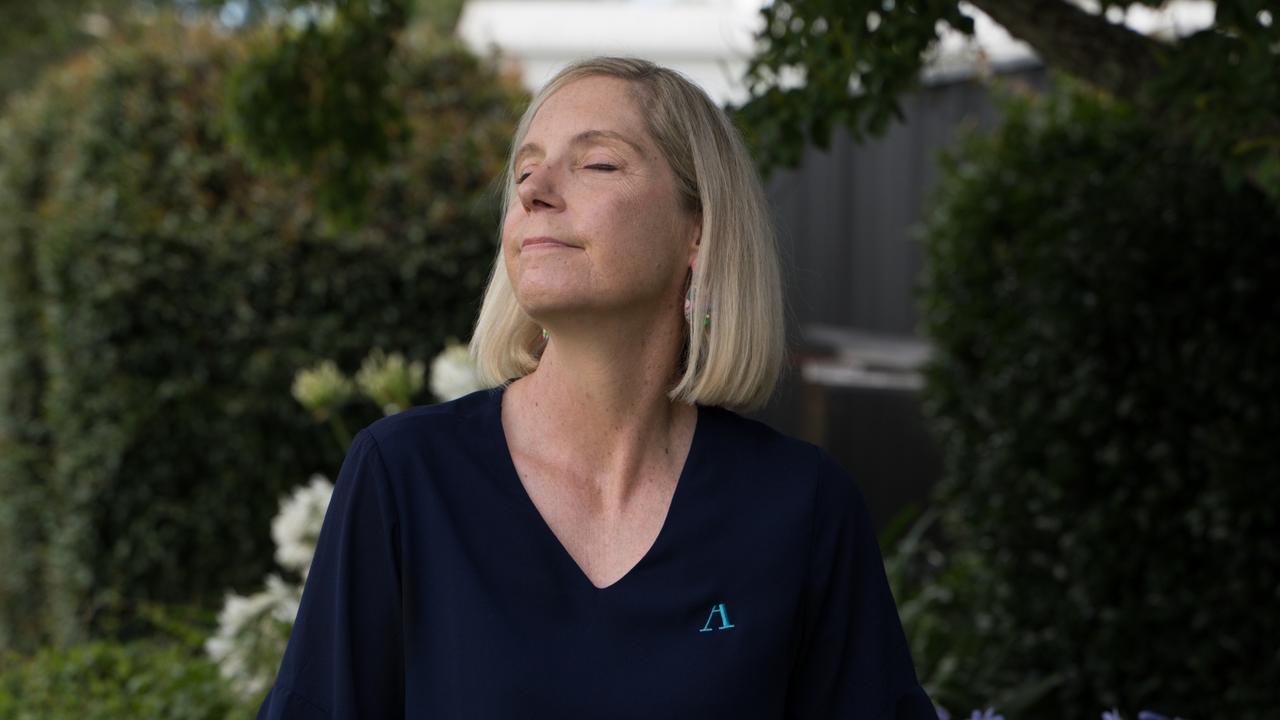
Community News
Don't miss out on the headlines from Community News. Followed categories will be added to My News.
After returning from a conference in Perth, St Andrew’s nurse practitioner Emily Day felt nauseous, had a persistent cough, and was experiencing back pain that did not go away.
A few trips to the doctor, a pregnancy test, a Covid test, and some liver tests showed everything was all clear for the 44-year-old mother of three.
So she went for a full body massage, in an attempt to ease her back pain.
“I think that was what flared everything up,” she said.
The next day, while working at the St Andrew’s stoma clinic, she said she couldn’t breath with the back pain becoming unbearable.
“I went straight to the cardiac unit at St Andrew’s and I didn’t leave for another week,” Ms Day said.
Results revealed she had a large mass on her right lung and another in her brain.
“I don’t know how I felt when I heard, I was thinking, ‘I’ve got to pick up the kids from school’,” she said.
“I was in shock.”
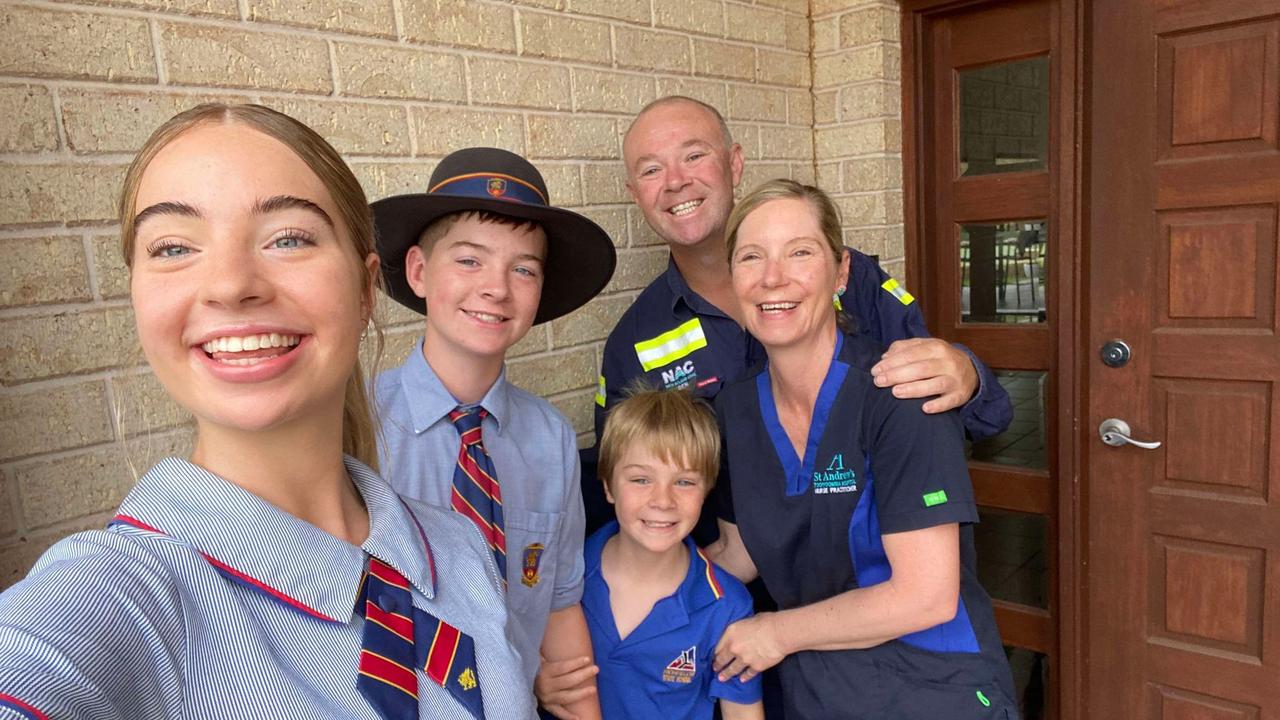
That week was spent getting biopsies and PET scans which revealed she had advanced, stage 4 EGFR lung cancer, despite never being a smoker, and it had spread to her brain and her spine.
The diagnosis came as a shock, as she realised she was one of a growing number of women around the world, half of who have never smoked, but are receiving alarmingly advanced lung cancer diagnoses.
Ms Day said she has an EFGR gene mutation which “just builds on itself” with research showing women are more likely to have this impaired DNA repair mechanism compared to men.
Research also shows women aged late 30-40s at high risk of advanced lung cancer.
Ms Day has spent the past 16 years working as a passionate advocate for regional Queensland stoma patients, from starting up a stoma clinic at St Andrew’s Hospital to running regular clinics in smaller towns, such as Roma and Millmerran.
Her dream is to get a bus and regularly circuit townships, caring for stoma patients and helping educate regional nurses in stoma and wound care.
Now she’s adding lung cancer to that advocacy, in the hope that women in the same position as her will find out earlier than she did through something as simple as routine screening.
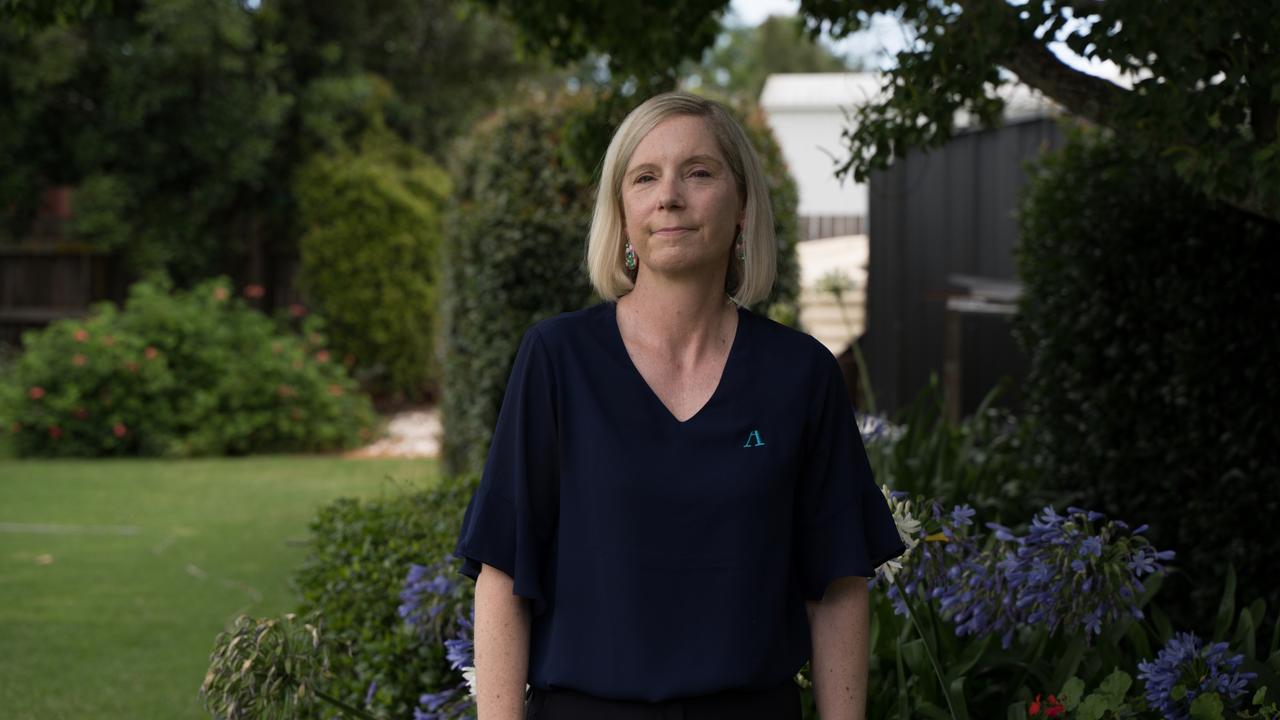
That looks to happen, and from July 2025, the Australian government will roll out routine lung cancer screening for 50-70-year-olds, whether or not they have symptoms of lung cancer.
She hopes this will soon include women aged 30-50, who GPs might simply not consider at risk enough to test.
“Even though I am a nurse and I understand the health system, you still have to be an advocate for yourself, push for tests, get on those Facebook groups, find clinical trials,” she said.
She is currently waiting to find out if she is eligible for a US-based, phase 3 clinical trial for a targeted therapy on her spine, which has not responded well to chemotherapy.
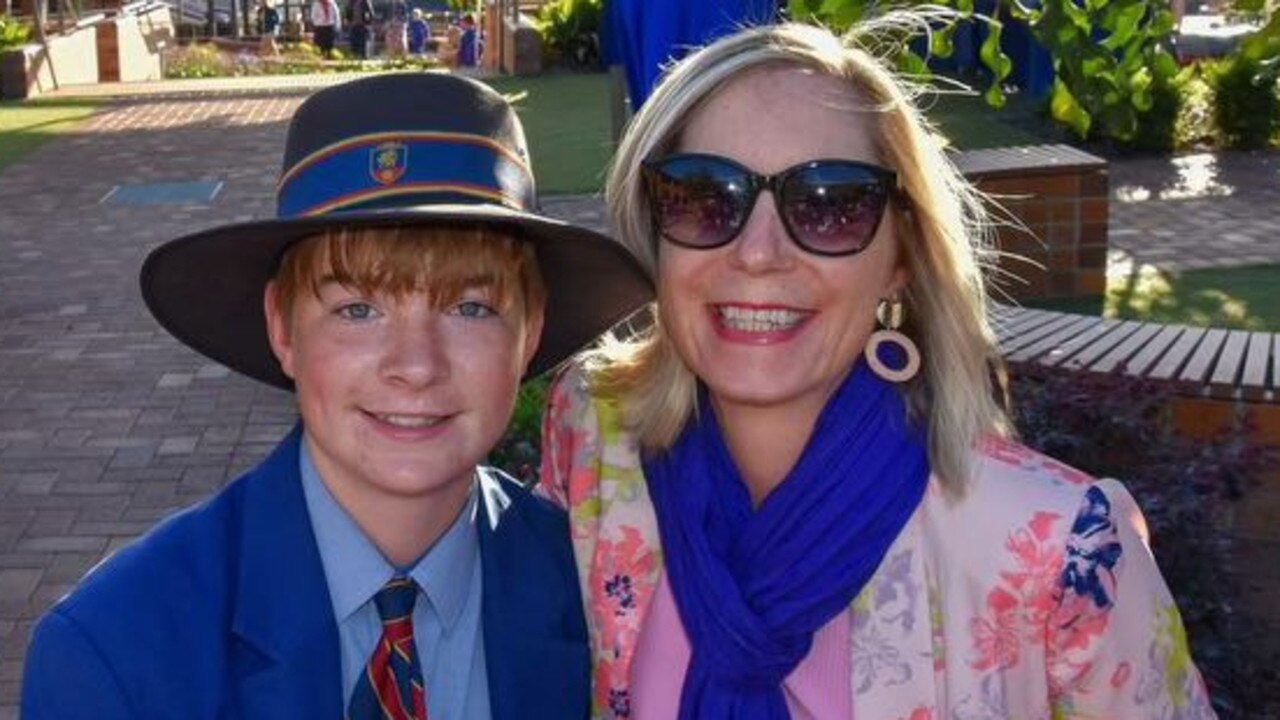
While the cancer is incurable, the brain and lung masses have both responded well to the past year of treatment.
She said her family, friends and community have been incredibly supportive during this time.
Her friend, Fran Stower, even launched a GoFundMe which has raised almost $60,000 for trial medicines, travel, accommodation and home support.
While the cancer is incurable and care is palliative, her doctors haven’t given her a prediction of how long she has to live.
She said new research, trials and targeted therapies are constantly showing results though.
“The one thing that keeps me going is that everyday there is new hope,” she said.
More Coverage
